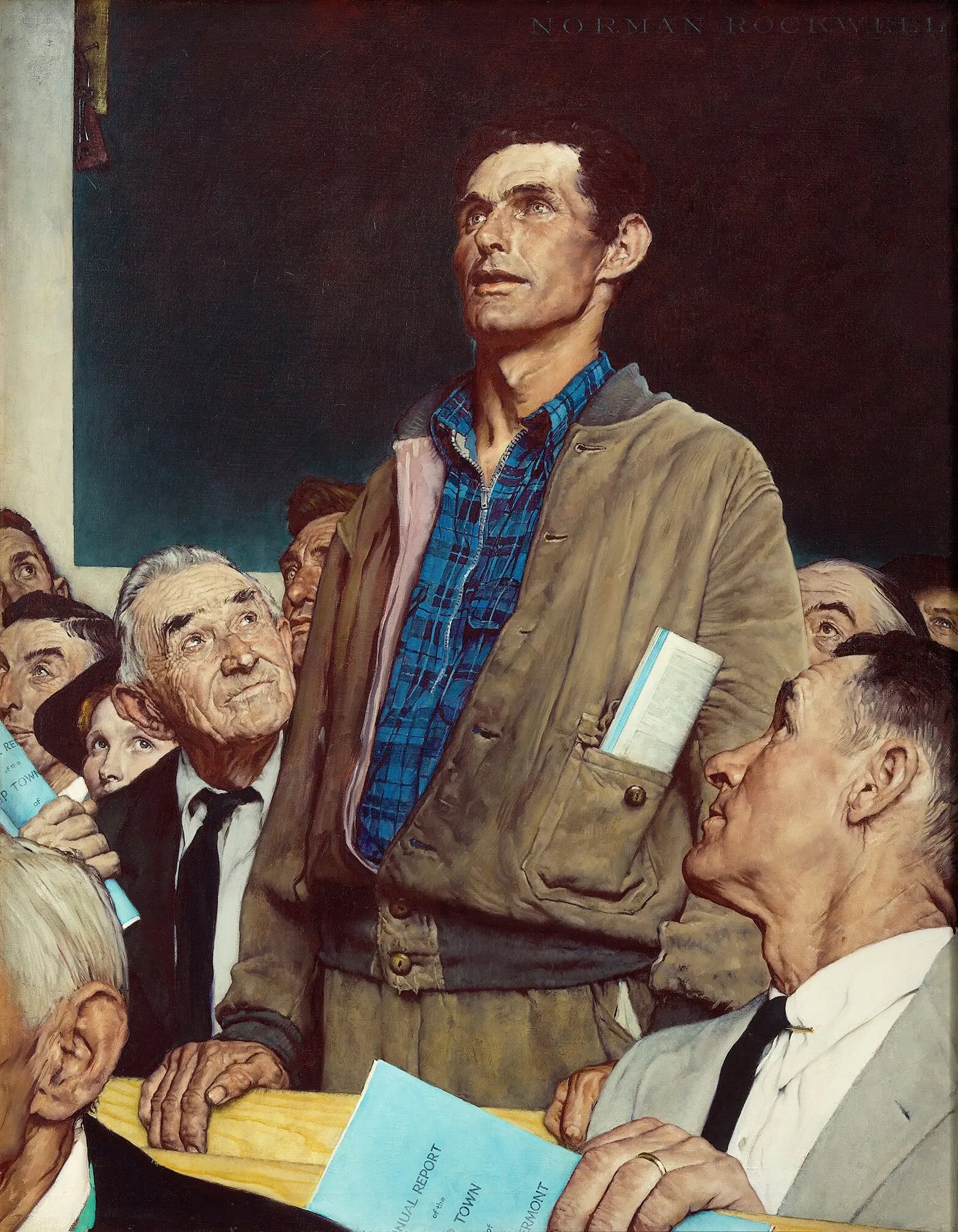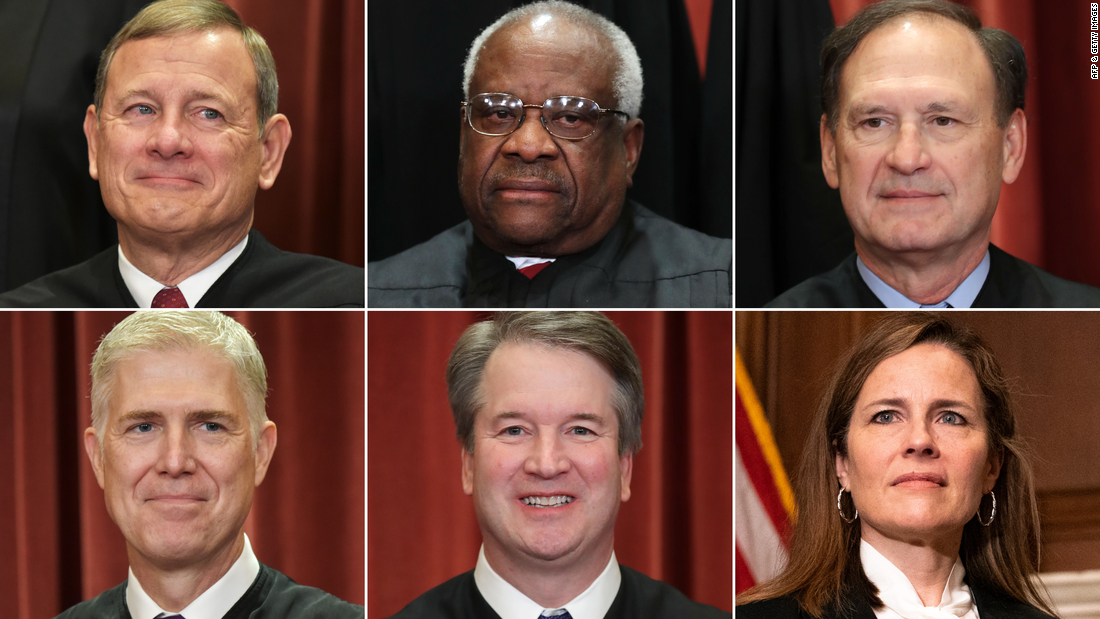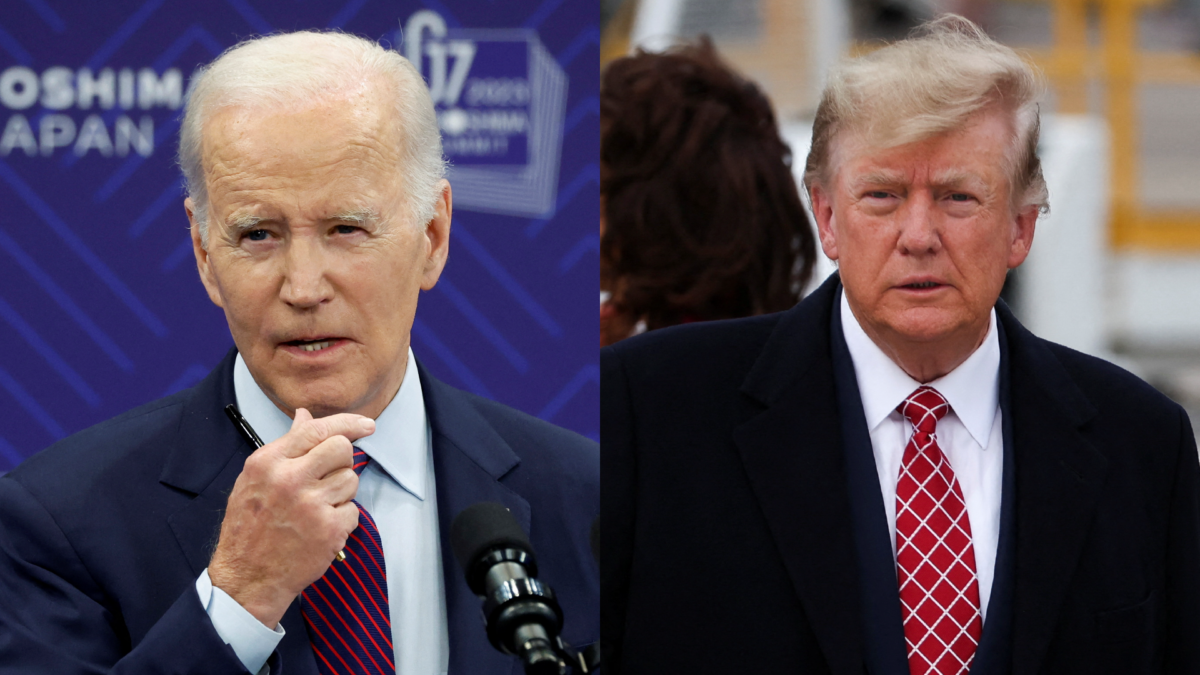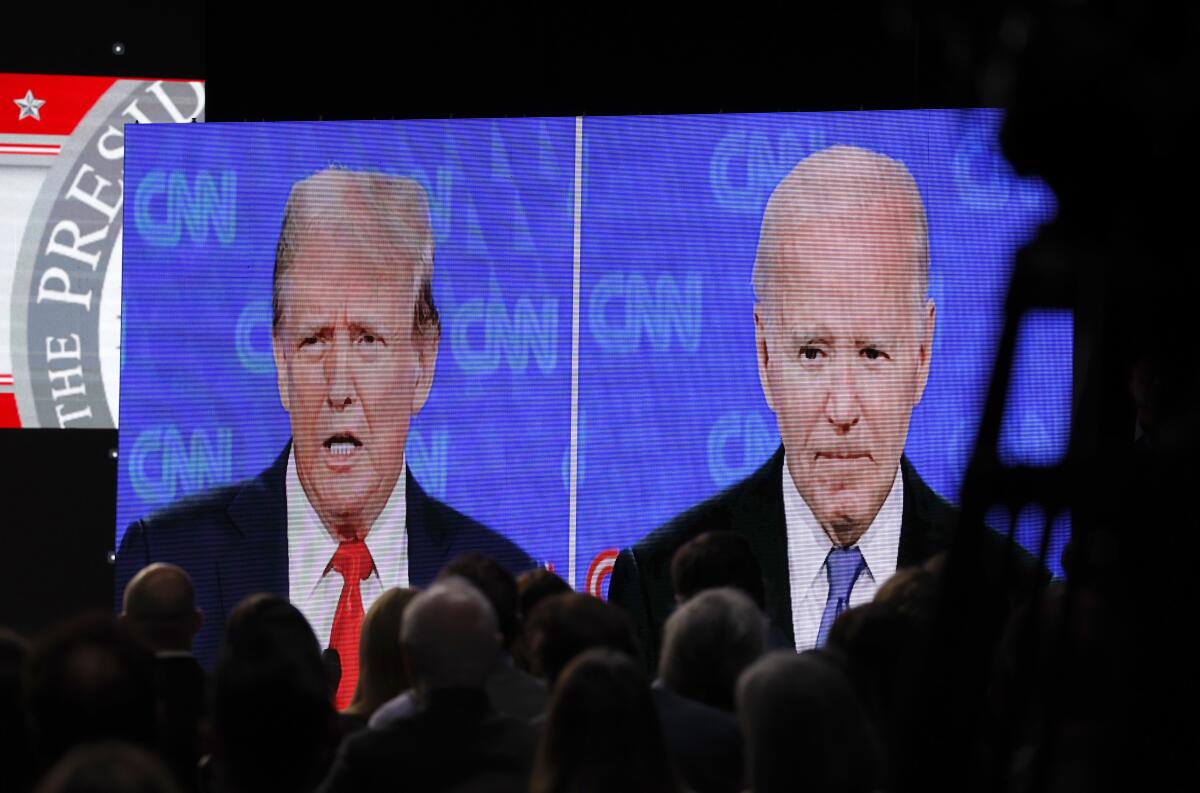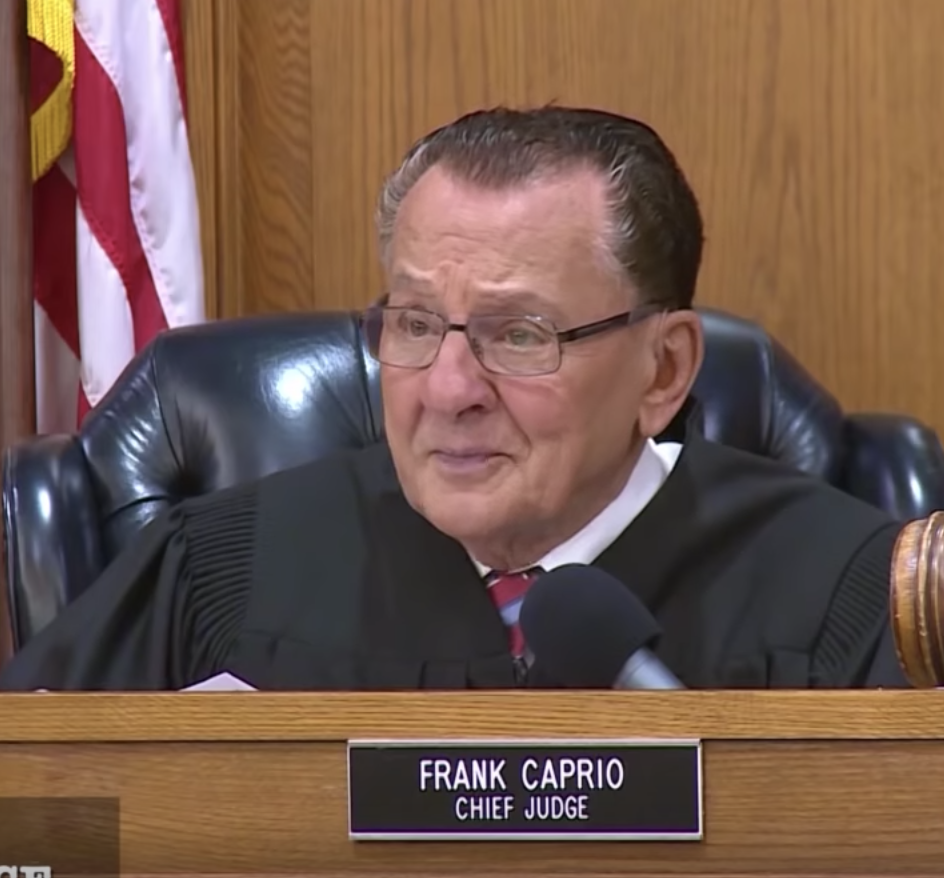“He was the very, very first to come and apologize to me. For a private citizen to come along and say, ‘I’m the one that attacked you; I’m the one who beat you,’ it was very meaningful…. His story and the way he arrived at his position must be understood, must be told.”

That was civil-rights leader and Georgia Representative John Lewis talking about Elwin Wilson, former member of the Ku Klux Klan, who had attacked and beaten Lewis at a Greyhound bus station in Rock Hill, South Carolina in 1961.
Wilson died last week at the age of 76.
In one of the last classes on Contemporary Ethical Issues I taught earlier this year with Stephen Ambra, one student confided that the most meaningful homework assignment we gave was to compile a regret list – mistakes you made that you’d wish to repair. The assignment caused her to reflect on her past, she said, in a way that caused her to consider her future actions more carefully.
The day before, the students were told that their papers wouldnot be shared in class, only between Steve and me. While no crimes were committed, all reflected a sincere remorse that they had compromised their integrity, particularly with people who trusted them.
What causes people to come forward, sometimes after decades, to confess to the kind of hate crimes that Elwin Wilson took part in?
“If you died right now,” a friend asked Wilson, “do you know where you would go?” Wilson answered: “To hell,” The New York Times wrote in his obituary, (April 2).
“Seeking forgiveness, Mr. Wilson called The Rock Hill Herald in 2009 to say that he was one of the men who had led the bus station beating and that he had committed other violent acts — against, among others, civil rights workers holding lunch counter sit-ins. Only then did Mr. Wilson learn that one of his victims had become a member of Congress.”
Wilson then traveled to Washington, D.C. to personally apologize to John Lewis.
What did Lewis do? He forgave him.
“Well, my daddy always told me that a fool never changes his mind and a smart man changes his mind,” Wilson told CNN. “And that’s what I’ve done and I’m not ashamed of it. I’m not trying to be a Martin Luther King or something like that.” He added: “I never would have thought I could apologize to this many people. I feel like I’m apologizing to the world right now.”
Lewis told the Times that he believed Wilson’s apology was sincere and that he never questioned whether to accept it. “It’s in keeping with the philosophy of non-violence,” Lewis said recently. “That’s what the [civil rights] movement was always about, to have the capacity to forgive and move toward reconciliation.”
In his Book of Virtues, author William Bennett describes compassion as a virtue “that takes very seriously the reality of other persons, their inner lives, their emotions, as well as their external circumstances.” It is a virtue, he says, that “comes close to the very heart of moral awareness, to seeing one’s neighbor as another self.”
There are, perhaps, no greater healing words than, “I apologize”; and possibly no wiser words than, “I forgive you.”
“All I can say is that it has bothered me for years, all the bad stuff I’ve done,” Wilson said. Later in 2009, Elwin Wilson and John Lewis received The Common Ground Award for Reconciliation, and were both honored on Worldwide Forgiveness Day which declares that “Forgiveness Is the Greatest Healer of Them All.”
What would your regret list look like, and how would it inform your future?
Comments


